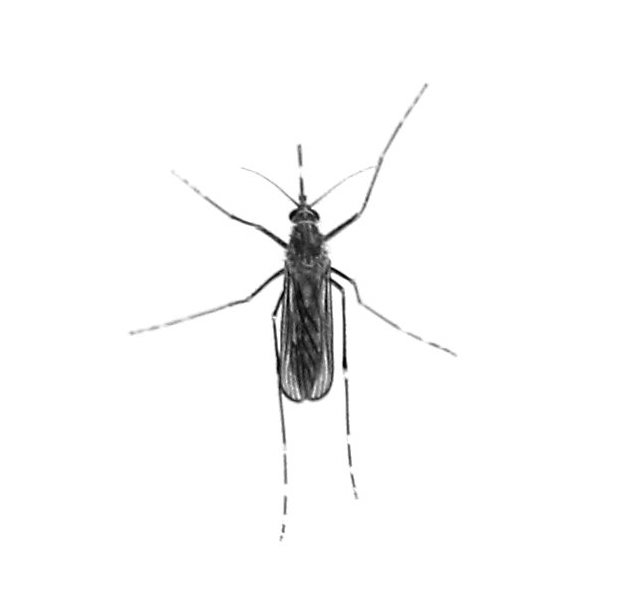Mosquitoes are vectors for diseases including dengue and malaria for which half the global population is at risk. Mosquito-borne pathogens are transmitted during blood feeding, yet despite its crucial role in pathogen transmission, blood feeding behavior remains poorly understood. We leverage biophysical, engineering, and machine vision approaches to create tools (e.g. the biteOscope) to study questions such as: How do pathogen infections change mosquito behavior? How does the skin microbiome affect biting and blood feeding? What sensory inputs do mosquitoes use to select egg laying sites? By answering such questions, we aim to provide a deep understanding of the (neuro)biology a variety of mosquito behaviors that are relevant for pathogen transmission. We take inspiration from the field as well as the lab, and anticipate that new insights into mosquito behavior and pathogen transmission will provide valuable knowledge to combat mosquito-borne diseases.
We gratefully acknowledge our current and previous funders, including: NWO (the Dutch Science Foundation - Rubicon, VIDI & XS programs), EU Horizon Europe (ISIDORe), the Burroughs Wellcome Fund (Career Award at the Scientific Interface), the Center for Research and Interdisciplinarity Paris, EU H2020 (Marie Sklodowska-Curie grant agreement No 841893), INCEPTION, and Radboudumc.
